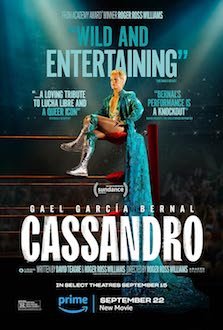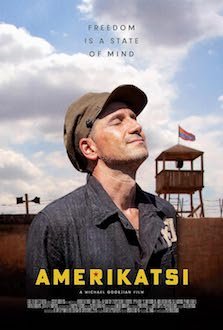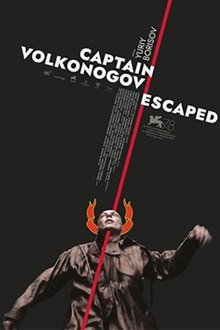Direction: Pablo Larraín
Country: Chile
Acclaimed Chilean director Pablo Larraín continues in biopic mode with El Conde, a film centered around Chilean dictator Augusto Pinochet, following cinematic idiosyncrasies such as Jackie (2016, about Jackeline Kennedy), Neruda (2016, about Pablo Neruda), and Spencer (2021, about Lady Diana). This time, Larraín ventures deep into surrealism, transforming Pinochet into a 250-year-old vampire in a fable that is both somber and facetious.
Drawing from German Expressionism (Nosferatu and Vampyr are references) as well as absurdism, the director creates a sinister black-and-white world of fantasy to denounce real sinners and their indelible sins from the past. A mysterious British woman, whose identity is revealed by the end to our surprise, narrates the story of Pinochet (Jaime Vadell), a mediocre royalist French soldier turned oppressive commander and vampire. Years after committing atrocities, he now seeks death. His wife, Lucia (Gloria Münchmeyer), betrays him with his loyal slave and master of torture, Fyodor (Alfredo Castro), who is also a vampire. The scenario is further complicated with the arrival of his five greedy children, and Carmen (Paula Luchsinger is phenomenal), a sweet and sly nun disguised as an accountant and secretly assigned to exorcise him from evil. Unexpectedly, in love, the weak count just needs fresh blood (or a human heart smoothie) from young people to rejuvenate. He no longer wants to die.
Equipped with daring shots, classical arias, religious chants, and a fair dose of madness, the ultra-hype El Conde is delirious and violent. It’s carried out with audacity and virtuosity, showcasing the filmmaker’s mastery of his art. The film is far from making a fully formed organic statement, but that wasn’t Larraín’s intention. Fearless of the result, he focused on satirizing with imagination and scathing black humor, metaphorically condemning the man while also providing entertaining.








































